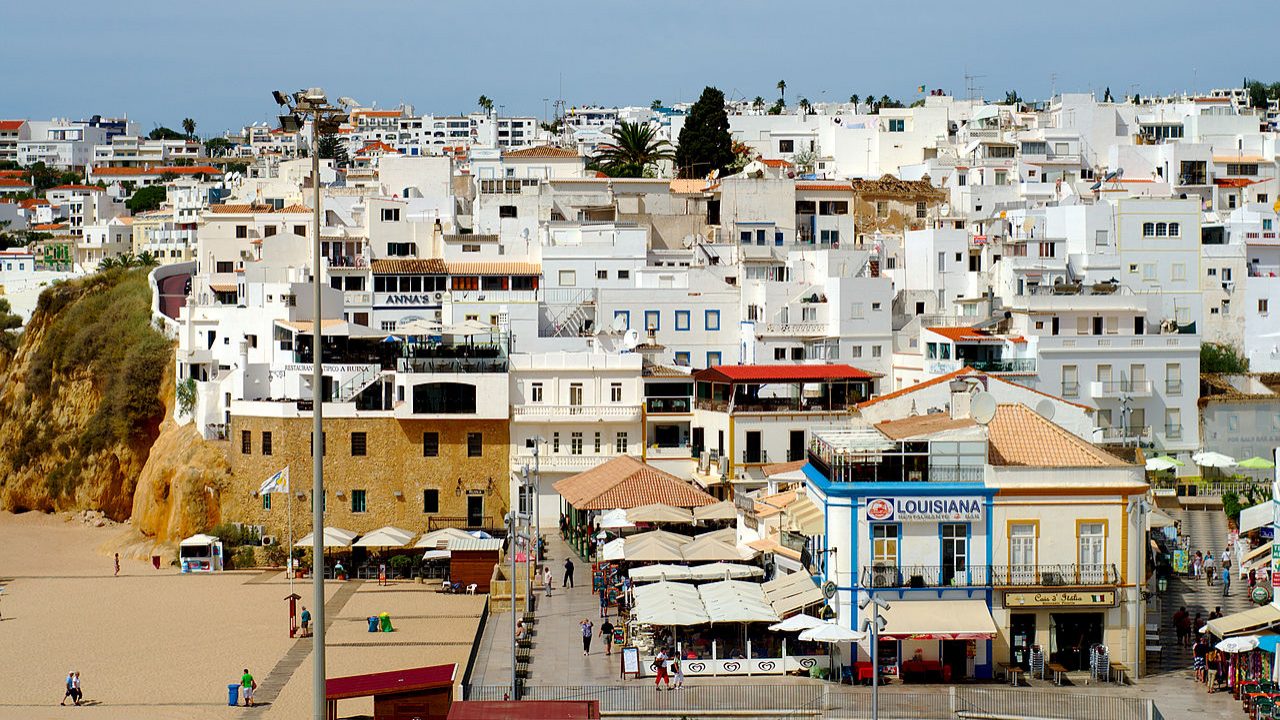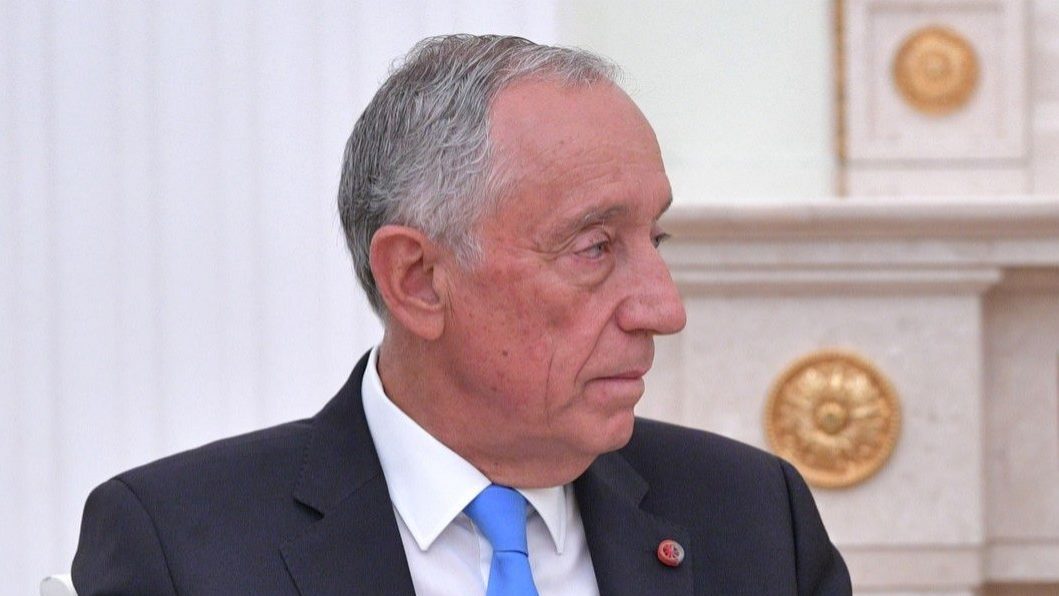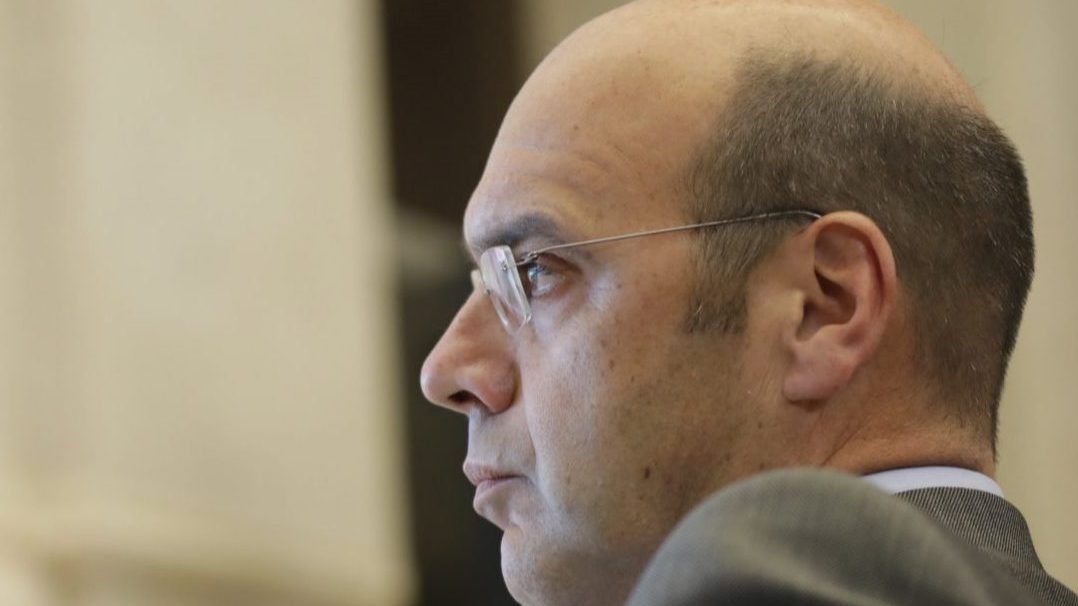UK may accept quarantine exemption in coming days
Portugal may join the list of countries exempted from quarantine on arrival in the UK in the next few days, according to the British press.
Portugal may join the list of countries exempt from quarantine on arrival in the United Kingdom in the coming days, as part of the reassessment that the British government has said it will do at the end of this month, the British press said on Thursday.
The Times reported on Thursday that London will give in to powerful pressure from the Portuguese government, which considered Portugal’s exclusion from the safe destination group at the beginning of July to be “absurd” and “wrong” and suggested an impact on bilateral relations.
It was the same British newspaper that first advanced Portugal’s potential absence from the “travel corridor” list due to outbreaks of Covid-19 cases in the Lisbon region at the end of June.
According to The Times, the list of 75 countries and territories will not be changed radically, but it is hoped that unquarantined travel to Portugal will be allowed.
Transport minister, Grant Shapps, had said that a reassessment would be made by 27 July, invoking the use of scientific and health criteria determined by the Common Biosafety Centre and England’s General Directorate of Health, with official data and mathematical models from the London School of Hygiene and Tropical Medicine.
The categorisation of countries, he said, was based on an estimate of the proportion of the population currently infectious in each country, virus incidence rates, incidence and death trends, transmission status and international information on epidemics, as well as information on the testing capacity of the country and an evaluation of the quality of available data.
Portugal’s foreign minister Augusto Santos Silva said at the time that the United Kingdom had seven times more registered cases than Portugal and 28 times more deaths due to Covid-19.
Portugal’s ambassador to the United Kingdom, Manuel Lobo Antunes, also questioned days later, in an article for the Daily Telegraph, the scientific arguments supporting the British government’s decision which, he said, lacked detail.
However, Health Minister Marta Temido highlighted earlier this week the encouraging sign that the incidence rate of Covid-19 in Portugal has dropped to 19 cases per 100,000 inhabitants in the last seven days, one of the most common indicators used to compare countries.
The incidence rate in the previous two weeks was 43.2 per 100,000 inhabitants, a factor that weighed on the restrictions for travellers from Portugal to other countries, such as Austria, Ireland, Norway, Denmark, Finland, or Belgium.
The United Kingdom will have determined a rate of 20 cases per 100,000 inhabitants as a condition for lifting quarantine.
By Wednesday, according to official figures, the UK had recorded 45,501 deaths in more than 296,000 cases, while Portugal counted 1,702 deaths associated with Covid-19 in 49,150 confirmed cases of infection.
The process of introducing quarantine for 14 days for all people arriving from abroad in the UK on June 8 was marked by confusion and criticism from the tourism and air transport industry, academics, and politicians, including the Conservative party itself.
Imposed to reduce the risk of a second wave of the Covid-19 pandemic, the measure was questioned for its economic impact by hundreds of British companies in a letter to the Home Secretary, Priti Patel.
Ryanair Chairman Michael O’Leary considered the restrictions “idiotic” and “ridiculously ineffective” and, together with British Airways and EasyJet competitors, launched legal action to stop the measure.
At the end of June, when the first reassessment was scheduled, the government indicated that it would open a series of “travel corridors” with countries considered low risk, but the colour-coded list of traffic lights never materialised and was only announced several days later.
On the day of the announcement, 3 July, 59 countries and 14 other territories were named, to which the Ministry of Foreign Affairs (MFA) no longer advises against non-essential travel, an important issue because travel in such cases invalidates their travel insurance, which prevents tour operators from including those destinations in their packages.
The fact that the British MFA continued to advise against travelling to mainland Portugal but no longer advised against travelling to the autonomous regions of the Azores and Madeira created confusion, leading their leaders to believe that they would be exempt from quarantine.
London’s justification was that the risk of infection was much lower in the archipelagos, but that it could not lift the restriction for just part of the country because of the freedom of movement between the islands and mainland Portugal.
The first ministers of Scotland and Wales described the corridor process as chaotic, alleging lack of coherence and national coordination, and only joined later, with the difference that Scotland also excluded Spain and Serbia.


